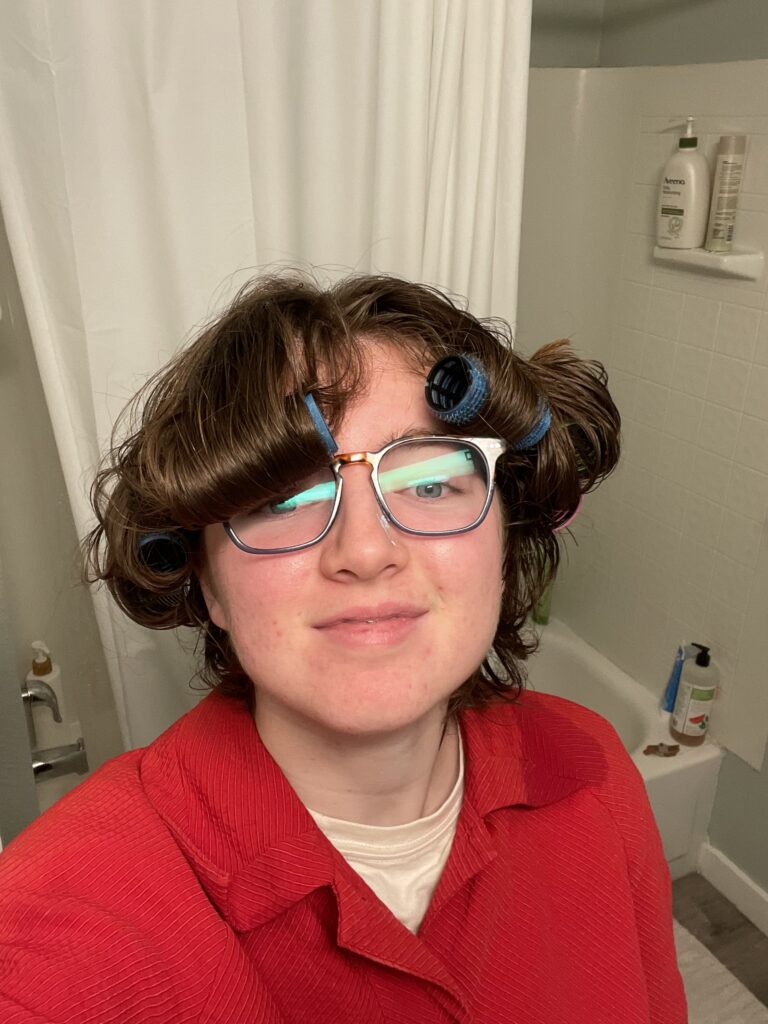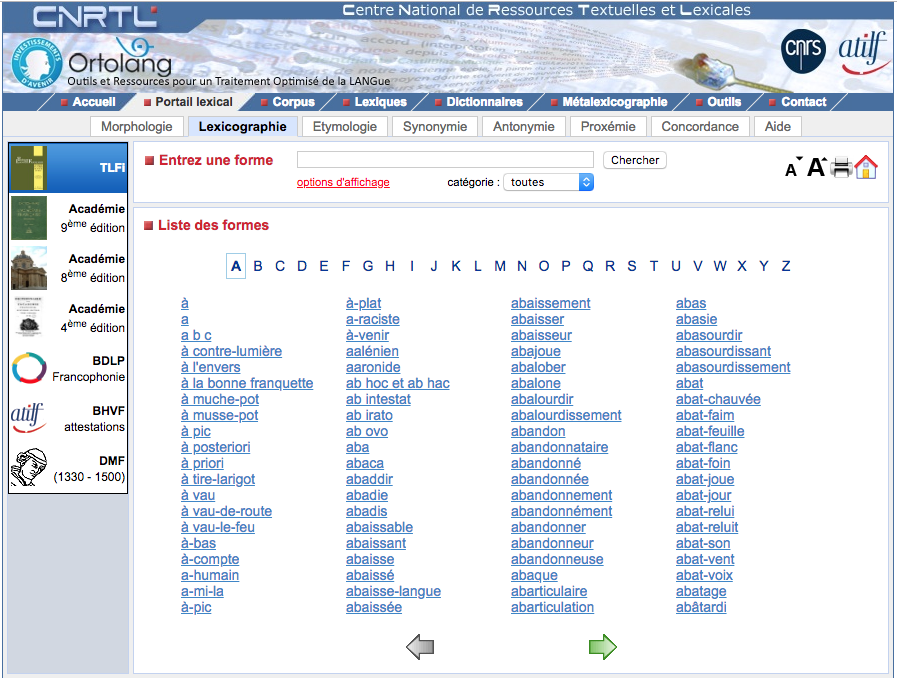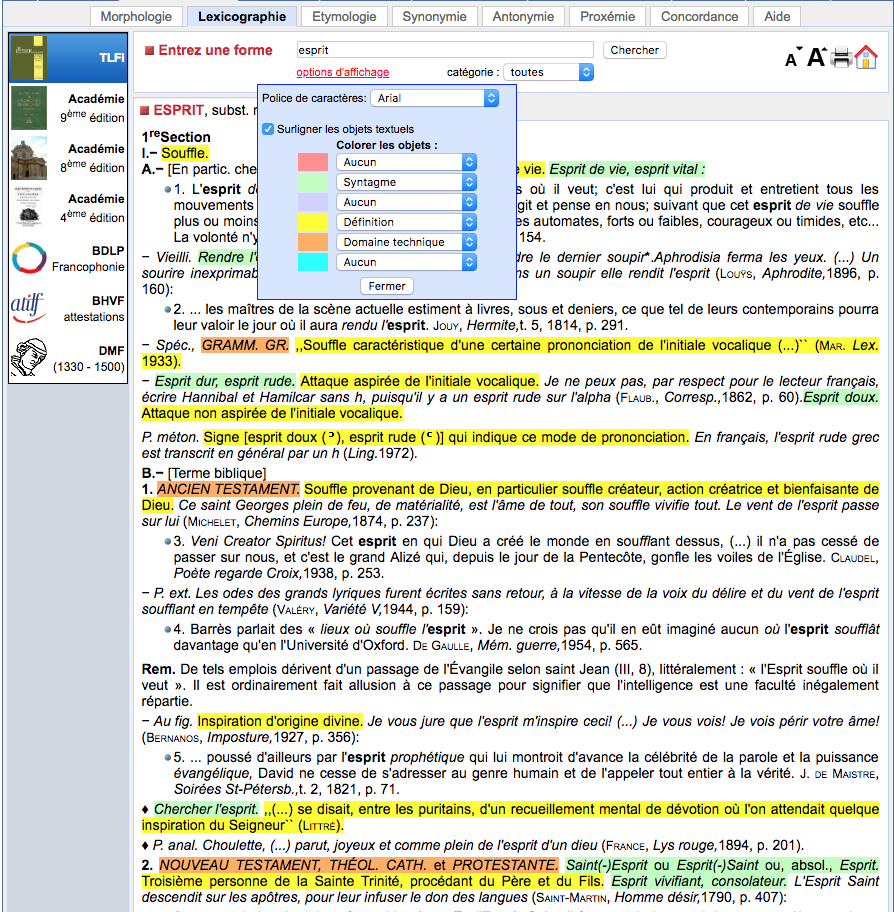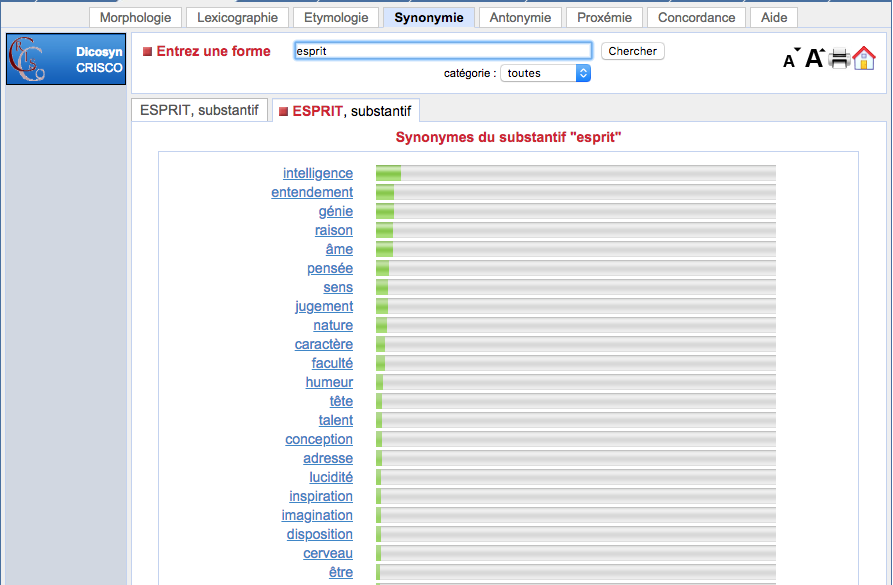Are you looking for more ways to immerse yourself in French? Podcasts are a great way to implement French into your everyday life. It’s especially important to engage with the language outside the classroom. Whether you’re taking a walk around the canyon, getting lunch in Commons, or trying to fall asleep, a podcast can add a lot more French exposure to your life. It’s a simple way to improve your French comprehension, vocabulary, and cultural knowledge. At the same time, it can be difficult to find the right one. For beginning to intermediate students, I have a recommendation for you: The Duolingo French Podcast!
Continue reading “The Duolingo French Podcast: Découvrez l’histoire de Joséphine Baker”Italki: Not offered at Reed? No worries!

If you’ve ever wanted to learn a language that isn’t offered at Reed, give Italki a try! Italki has tutors and teachers from all over the world, and languages from A-Z (literally). If you’re looking to start learning anything from Azerbaijani to Zulu, check out the site to discover what else they offer! Whether you’re just starting out or want to meet with a native speaker to improve your conversation fluency, you can find the tutor you need at the time you’re available.
Continue reading “Italki: Not offered at Reed? No worries!”They play spoons in Vermont?…

As a way to engage more of our students with language programs at Reed, we will be starting a series of interviews with our dear language tutors. Miriam (or Masha!) has a lot to share about her experience!
There is always a backstory to every language journey. Tell me more about your background and what inspired you to undertake a not-so-easy language like Russian.
Learning languages is my thing,especially being a linguistics major. I started with Hebrew, French, some Spanish and moved on to German. And coming to college I wanted something totally different which was Russian – I loved it, it’s my absolute favorite.
Continue reading “They play spoons in Vermont?…”Meet Reed’s mightiest Français tutor!

Come to me with your conjugation, sentence structure, and proposition woes. I am happy to help you with assignments and concepts or use the time as a conversational hour in French.
My schedule is relatively flexible. Reach out if the displayed times do not work for you.
Labbie note: Holden can assist you in both 100 and 200 level French classes!
Meet our charming and amazing Russian tutor – Nina Gopaldas!

Hi there! My name is Nina (she/her), and I am a senior comparative literature major. Learning the Russian language has been the highlight of my Reed experience, but I understand that learning a new language can be a long and difficult process. I am available to help make that process a little easier! I am always happy to practice grammar, writing, and speaking with you. If my schedule doesn’t work for you, please shoot me an email! We can find time outside my available hours.
Привет! Меня зовут Нина (она/её), и я — студентка четвертого курса. Моя специальность — сравнительная литература. Изучение русского языка было самой яркой частью моего опыта в Риде, но я также понимаю что изучение нового языка может быть долгим и трудном процессом. Я готова помочь с трудностями процесса. Я всегда рада практиковать грамматику, письмо, и разговорную речь с вами! Если мое расписание вам не подходит, напишите мне на имейл, и мы найдём другое время встретиться.
Note from a Labbie: Nina tutors for Russian 111, 112, 120 as well as 220. So if you’re thinking about studying Russian or currently in the process – don’t miss out on practicing with Nina and learn from her vast experience!
Try out a French-only dictionary!
Transitioning from English-French dictionaries to French-only dictionaries is a big step towards fluency but it can be intimidating. Luckily, online resources exist to help make French dictionaries more accessible.
For intermediate to advanced French learners seeking to take their vocabulary and understanding to the next level, The Centre national de ressources textuelles et lexicales (CNRTL) is an invaluable online resource. It is a searchable compendium of French language dictionaries, most notably Le Trésor de la langue française informatisé and the 9th edition of the official Dictionnaire de l’Académie française. For those interested in French outside l’Hexagone, CNRTL also has a searchable “Francophone” dictionary.

As a pedagogical tool, CNRTL, particularly when set to the TLFi (Le Trésor), does an excellent job of breaking definitions down into more digestible parts while also clearly differentiating between different uses of the words (metaphoric, literal, etc). Rather than struggling through an entire entry, the website quickly draws your attention to short portions of the text that are most essential.
By clicking “options d’affichage” you can toggle the color-coding settings to highlight what you’re looking for. The default settings use yellow for definitions, green for the word as it is used in a phrase, and orange to specify a certain technical domain or context in which the word may be used. Most un-colored text consists of examples of the word used in a sentence.

Beyond dictionaries, the portal also offers additional tabs such as etymology, synonyms, and antonyms, for those interested in the relations between words. The synonym tab is particularly useful when it comes to spicing up your writing (for example, when you’ve used “aussi” far too many times in one paper). It can also be helpful when it comes to making connections between the literal and metaphorical senses of words.

The website is full of other resources worth exploring, including several collections of works in French, and a database of “ghost” words lost to time.
You can access the dictionaries and pages pictured here at https://www.cnrtl.fr/definition/
Bonne exploration!